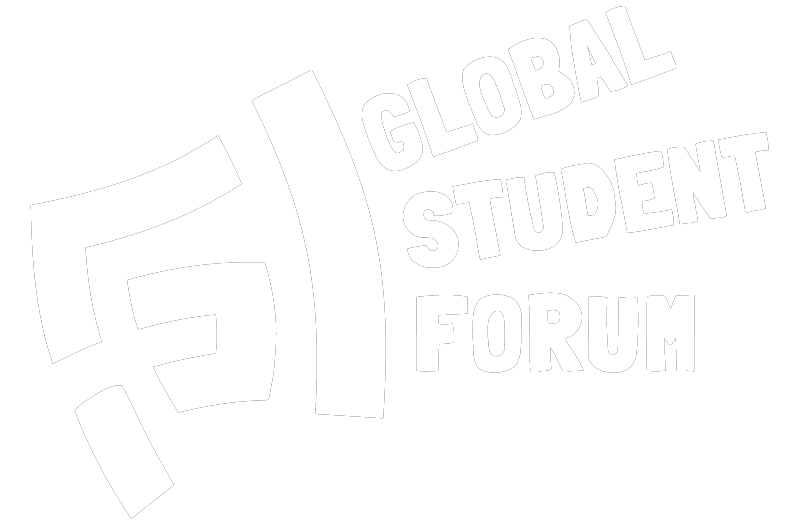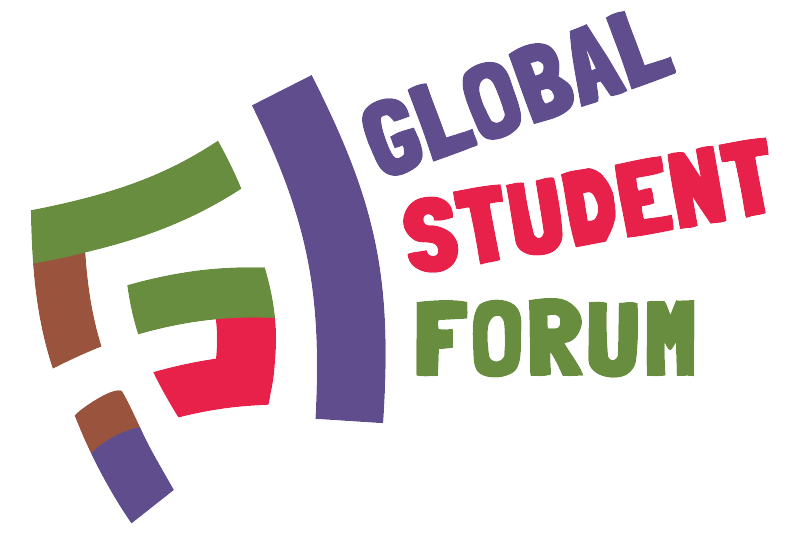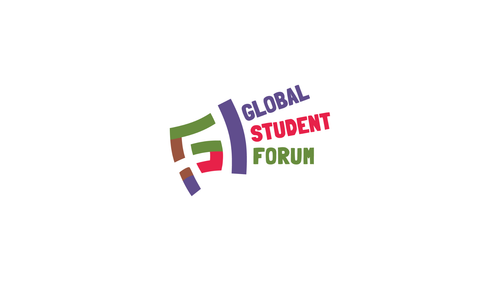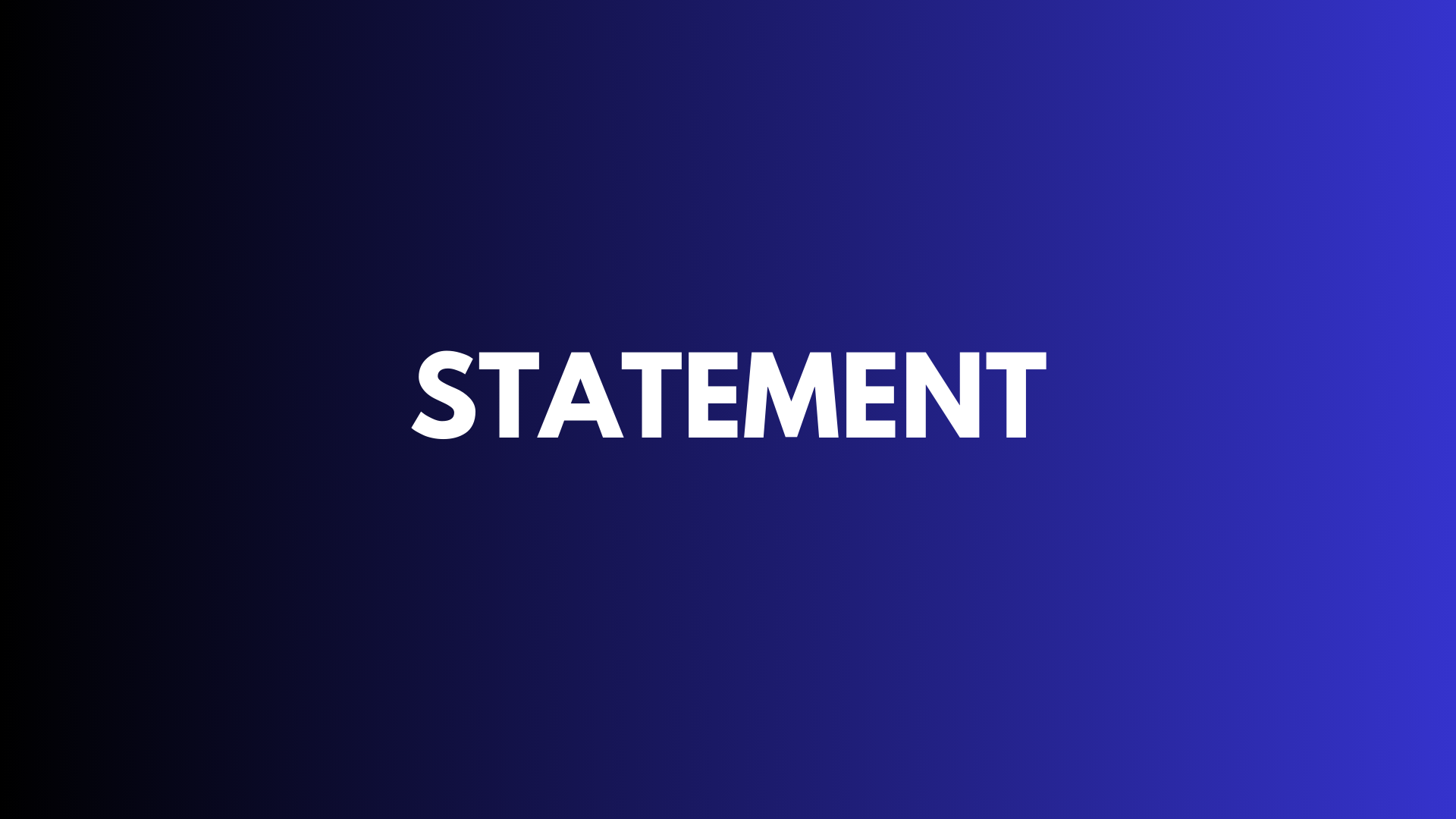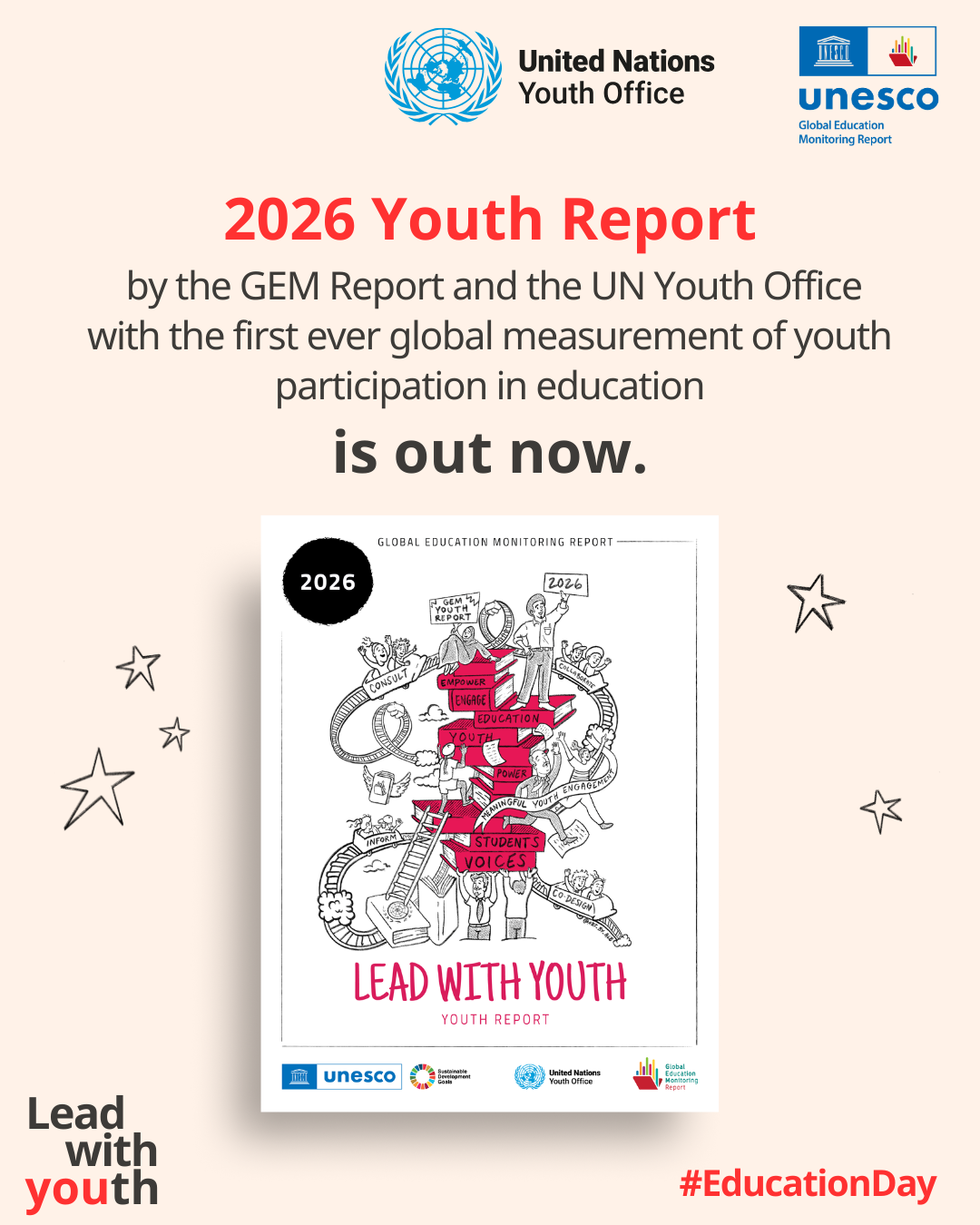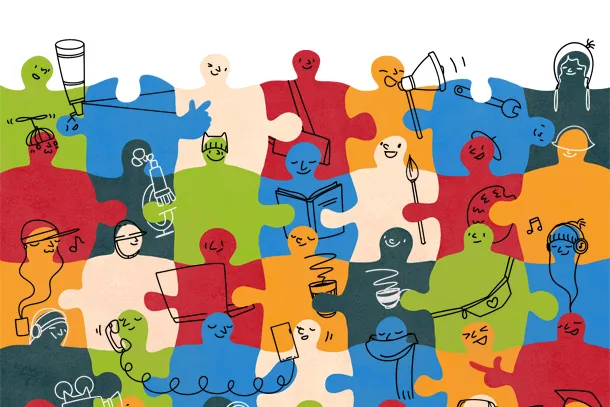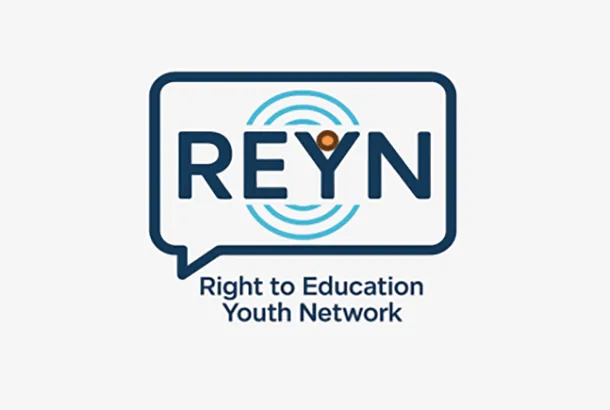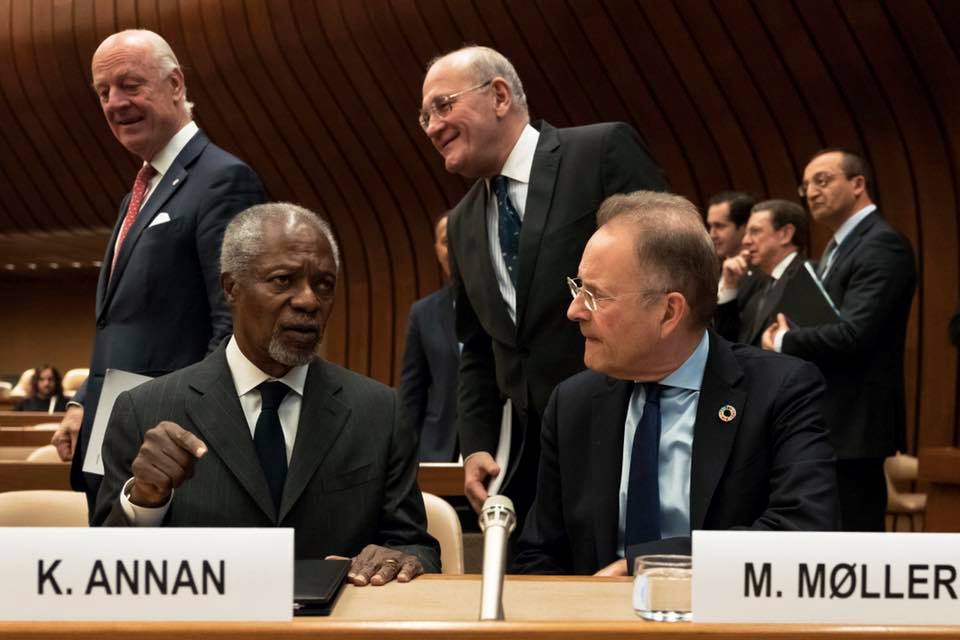In a world marked by escalating conflicts, shrinking civic spaces, and widening inequalities, the role of students in global peacebuilding is not peripheral—it is indispensable.
Education is the cornerstone of sustainable peace. It fosters critical thinking, nurtures empathy, and equips individuals and communities with the tools to resolve conflicts through dialogue, understanding, and mutual respect. Yet, across the globe, millions of students are denied access to education due to war, political instability, systemic discrimination, and other forms of violence. The global community must recognize that investing in education is not merely a development priority but a peace imperative.
Students are at the forefront of efforts to defend democracy, advance social justice, and build inclusive societies. Through our activism, advocacy, and leadership, we promote education systems that are not only accessible and affordable, but that also affirm human rights, uphold diversity, and foster intercultural understanding. Curricula must reflect the histories, realities, and aspirations of all peoples, empowering students to become agents of dialogue, reconciliation, and transformative change.
Youth participation in peacebuilding must be genuine, systematic, and sustained. Students must be recognized not simply as beneficiaries, but as partners and leaders in the design and implementation of peace processes, education reforms, and recovery strategies. Durable peace cannot be achieved without the meaningful inclusion of young people at all stages and levels of decision-making. When students are empowered through education and civic engagement, they become powerful forces for healing, innovation, and resilience.
The Global Student Forum calls for a renewed commitment from all stakeholders to:
- Safeguard education from attack and politicization, in line with international humanitarian and human rights law;
- Substantially increase investments in education for peace and global citizenship;
- Institutionalize youth in peacebuilding in education policy, and governance processes at local, national, regional, and international levels.
We further reaffirm that peace is not merely the absence of conflict but the active presence of justice, equality, and dignity. Building sustainable peace requires addressing the structural drivers of conflict—poverty, exclusion, marginalization, and oppression—through transformative education and collective action.
Students around the world are organizing, mobilizing, and leading efforts to defend the right to education and to build more peaceful, democratic, and inclusive societies. The Global Student Forum stands ready to work in solidarity with all actors committed to advancing the causes of peace, education, and human rights.
Another world is possible—and students are determined to shape it.
